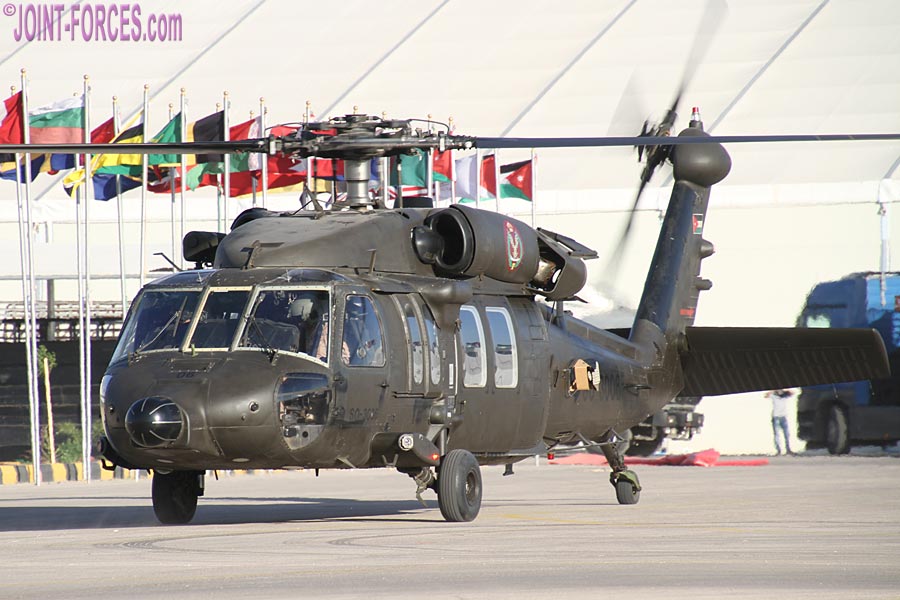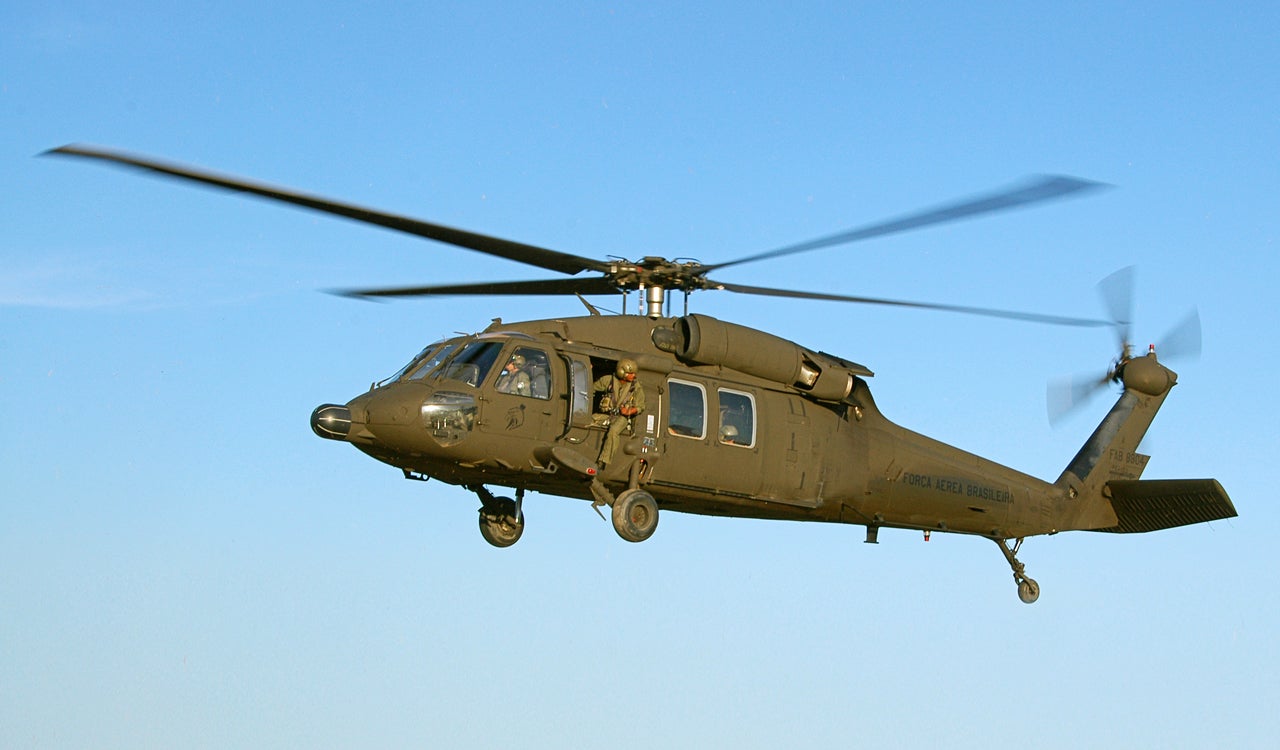UH 60 Helicopter: Advanced Avionics and Battle Systems
UH 60 Helicopter: Advanced Avionics and Battle Systems
Blog Article
The Influence of Lasting Practices on the Future of Airplane Operations and Emissions Decrease
As the aviation market encounters boosting scrutiny over its environmental impact, the fostering of sustainable techniques becomes a crucial pathway toward future airplane procedures and exhausts reduction. Innovations in lasting aeronautics fuels and innovations in crossbreed propulsion innovations stand at the forefront of this transformation, promising considerable decreases in greenhouse gas exhausts. The effective assimilation of these initiatives hinges on a variety of elements, including regulative structures and market partnership. The concern stays: exactly how will these evolving practices reshape the dynamics of air travel and contribute to an extra sustainable future?

Review of Lasting Practices
Lasting techniques in airplane operations incorporate a series of techniques intended at lowering environmental influence while preserving functional effectiveness. These methods are necessary in the aeronautics market's commitment to lessening its carbon impact and adhering to global ecological criteria. Trick campaigns consist of maximizing trip paths to decrease fuel usage, enhancing maintenance procedures to ensure airplane run at peak performance, and applying sophisticated innovations such as winglets and light-weight products that improve aerodynamics.

Training and involving personnel on sustainability practices additionally play an important role, promoting a culture of ecological responsibility within organizations. Generally, the assimilation of these lasting techniques not only helps minimize exhausts however likewise improves the long-term practicality of the aeronautics sector, guaranteeing it meets the demands of both clients and governing bodies while adding to global sustainability objectives.
Ingenious Gas Alternatives
Numerous innovative fuel choices are emerging as crucial solutions to minimize the aviation sector's dependence on conventional nonrenewable fuel sources. Amongst these options, Lasting Aeronautics Gas (SAFs) have obtained considerable interest because of their possible to decrease lifecycle greenhouse gas exhausts by up to 80% contrasted to traditional jet gas. SAFs are derived from various feedstocks, including waste oils, farming residues, and even algae, making them a functional choice for the sector.
One more encouraging alternative is hydrogen fuel, which, when used in fuel cells, produces just water vapor as a by-product. This zero-emission possible presents a substantial possibility for decarbonizing trip procedures, particularly for short-haul flights and regional airplane. Additionally, electrical propulsion systems are being explored, leveraging battery innovation to power airplane. While existing battery capability limits variety and payload, recurring advancements may quickly make electric flights viable for certain applications - uh 60.
Lastly, biofuels originated from biomass are being explored, offering an eco-friendly choice that can be combined with typical fuels. Jointly, these innovative gas alternatives represent an essential step toward achieving a sustainable air travel community, straightening with worldwide exhausts decrease targets and enhancing the industry's ecological stewardship.
Technical Innovations in Air Travel

Exactly how can technological improvements improve the future of air travel? The combination of sophisticated technologies is crucial in transforming airplane procedures, boosting effectiveness, and reducing discharges. Technologies such as hybrid and electrical propulsion systems are at the leading edge, appealing substantial decreases in fuel usage and greenhouse gas discharges. These systems utilize advancements in battery modern technology and power monitoring, allowing aircraft to operate with a lower environmental impact.
In addition, the execution of sophisticated products, such as light-weight composites, contributes to enhanced aerodynamics and fuel performance. Making use of expert system and machine learning in flight procedures enhances course planning and minimizes fuel burn by enabling real-time adjustments based on the original source climate and website traffic problems. Additionally, the advancement of independent and from another location piloted aircraft systems stands to reinvent cargo and traveler transportation, possibly raising performance while reducing human mistake.
Furthermore, lasting aeronautics innovations, including sophisticated air web traffic administration systems, can simplify operations and lower congestion, bring about reduced discharges throughout trip. These improvements jointly stand for a standard shift in aeronautics, guaranteeing a future where sustainability and functional efficiency are linked, thus supporting the sector's commitment to reducing its environmental effect.

Regulative Structure and Compliance
Taking into account the growing focus on ecological stewardship within the air travel sector, the regulative structure governing airplane operations is evolving to advertise click this lasting methods. Regulative bodies, such as the International Civil Aviation Company (ICAO) and various national aviation authorities, are presenting rigid standards aimed at lowering discharges and enhancing operational efficiency.
These guidelines often include the adoption of Lasting Air travel Gas (SAF), which has actually been acknowledged as a vital part in attaining lower carbon footprints. Compliance with these laws needs airlines to carry out advanced modern technologies and operational methods, such as optimized trip paths and boosted air traffic management, to decrease gas usage.
Furthermore, the enforcement of exhausts trading schemes and carbon offsetting campaigns is becoming progressively common, compelling airline companies to keep an eye on and report their discharges properly. Non-compliance can cause significant fines, therefore pressing operators to prioritize sustainability in their business designs.
Inevitably, the progressing governing landscape not only drives advancement and investment in green innovations however also promotes a culture of accountability within the aeronautics market. As these frameworks remain to establish, the find out here now emphasis on sustainable practices will be essential to accomplishing the industry's long-lasting ecological objectives.
Future Patterns in Airplane Procedures
As the aviation market adapts to a significantly rigorous regulatory setting, future patterns in aircraft procedures are readied to focus on ingenious solutions that further boost sustainability and effectiveness - uh 60. Key growths will likely consist of the fostering of innovative air web traffic management systems, which use real-time data and expert system to enhance trip courses, minimizing fuel consumption and discharges
One more substantial trend is the raised integration of lasting air travel gas (SAFs) These alternatives to standard jet gas, originated from eco-friendly sources, can considerably decrease lifecycle greenhouse gas discharges. The market's dedication to SAFs will likely increase as airline companies collaborate with fuel producers to make sure accessibility and cost-effectiveness.
Additionally, the push towards electrification and crossbreed propulsion systems is acquiring energy. Emerging airplane styles will include these innovations, offering quieter and a lot more efficient operations, particularly for short-haul flights.
Verdict
The fostering of lasting aeronautics fuels, combined with innovations in electric and hybrid propulsion systems, is important for minimizing lifecycle greenhouse gas exhausts. Optimizing flight paths and welcoming innovative modern technologies contribute to a quieter and much more ecologically pleasant aeronautics sector.
Innovations in lasting air travel fuels and innovations in crossbreed propulsion innovations stand at the center of this change, promising substantial decreases in greenhouse gas exhausts.Numerous innovative fuel alternatives are emerging as pivotal services to reduce the aviation industry's reliance on standard fossil gas - uh 60. Among these choices, Sustainable Aeronautics Fuels (SAFs) have actually gotten significant attention due to their possible to lower lifecycle greenhouse gas emissions by up to 80% compared to conventional jet gas.Another significant trend is the enhanced integration of sustainable aviation fuels (SAFs) The fostering of sustainable air travel fuels, combined with advancements in hybrid and electric propulsion systems, is necessary for minimizing lifecycle greenhouse gas exhausts
Report this page